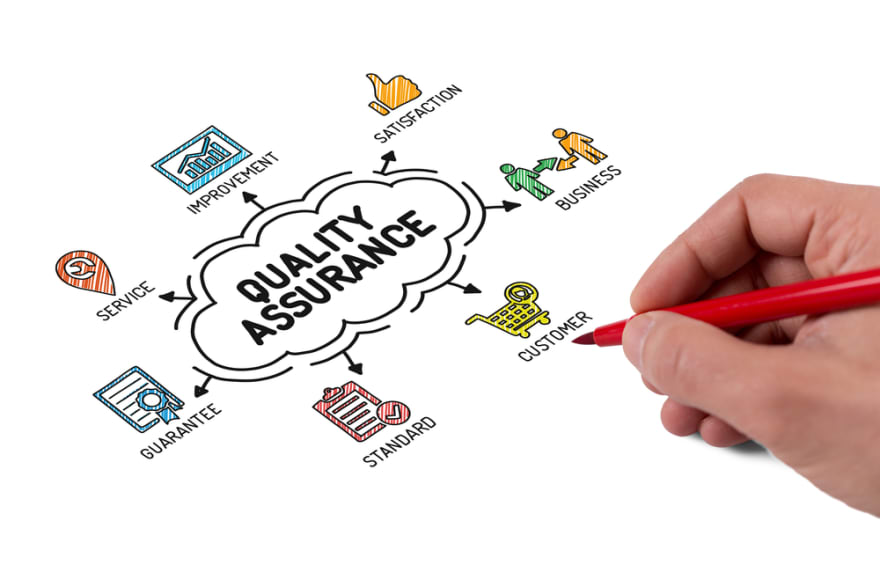Quality assurance (QA) is the act or process of confirming that a firm's quality requirements are being met. Quality assurance is the monitoring facet of that discipline. Managing the quality of production involves planning, fulfilling, and monitoring activities.
What is Quality Assurance?
Quality assurance encompasses the processes and procedures that systematically monitor different aspects of a service or facility. Through audits and other forms of assessment, quality assurance efforts detect and correct problems or variances that fall outside established standards or requirements.
A business can build a positive reputation for reliability when it ensures a consistent level of quality in its products or services. This bolsters consumer trust and confidence in the business, and it helps the business compete with others in the same market.
However, quality control pertains to the actual fulfillment of whatever quality requirements have been put in place. Quality assurance is checking in on quality control methods to ensure they're working as planned.
How Quality Assurance Works?
Quality assurance methods focus on establishing good processes to produce products with the quality already built-in, rather than going through an unmonitored production process and trying to “inspect the quality” of a product that’s already been finished.
Concepts of quality control can be traced back to at least the Middle Ages and the rise of guilds. A craftsman could access a network of connections with other craftsmen and suppliers by joining a guild organization.
Quality assurance evolved to address specialized tasks performed by workers. With the introduction of mass production, the need to monitor the quality of components being produced by large numbers of workers created a role for quality inspectors.
International Quality Assurance Standards
ISO consists of standards organizations that represent over 160 countries. It maintains an effective quality assurance system for manufacturing and service industries.
The International Organization for Standardization (ISO) was founded in 1947 with the goal of ensuring quality across national borders. Manufacturers and businesses can become certified by fulfilling the requirements defined in ISO 9001. This offers independent confirmation of an organization's adherence to quality standards.
Once the organization implements the guidelines, the systems are assessed for compliance with ISO 9000 standards. The results of the assessment identify any areas that fall outside of ISO standards.
Modern Approaches
Today's approaches to quality assurance may differ depending on the industry. This could include defining quality by understanding core activities in effective patient care, setting quality benchmarks, and measuring quality with surveys, audits, and supervision.
Another business, such as a nutritional supplement manufacturer, would have completely different methods to ensure quality since its product parameters are completely different than a hospital. For example, the supplement company might guide its processes based on guidelines for active pharmaceutical ingredients.




Top comments (1)
Great post! I'm a big fan of quality assurance services and I can really appreciate the importance of them for any business. Quality assurance is essential for any business to ensure that all products and services are meeting the highest standards. Without quality assurance, businesses can't be sure that their products and services are up to the standards they want them to be. Thanks for the informative post!